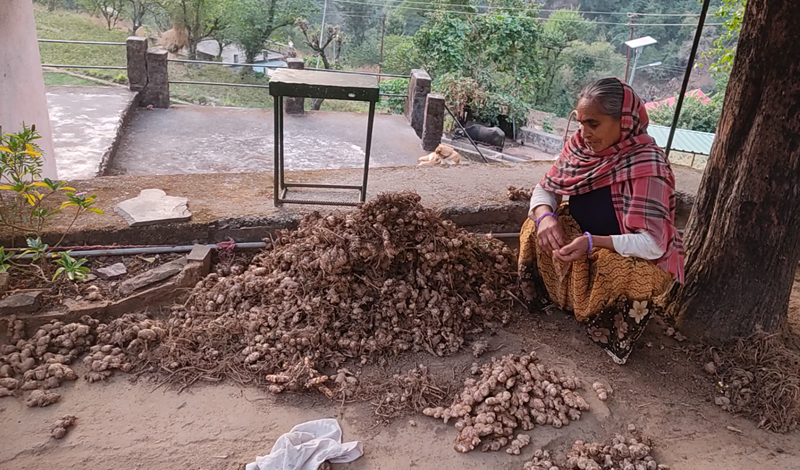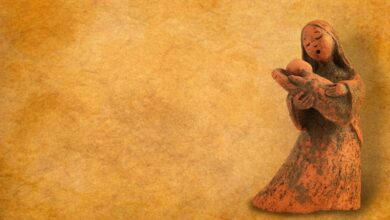
Ginger in Winters: A Cup of Ginger Tea and Its Health Benefits
A warm cup of ginger tea in winters is a delight. Ginger, known for its health benefits, is a crucial ingredient in aiding digestion. Originating in Southeast Asia, particularly in India and China, ginger belongs to the Zingiberaceae family, which also includes turmeric and cardamom.
With a history spanning thousands of years, ginger holds not only culinary but also medicinal significance. Ancient Chinese, Indian, and Middle Eastern civilizations valued ginger for its taste, aroma, and therapeutic properties. It was traded extensively along the spice routes.
Ginger was introduced to the Mediterranean region by the Greeks and Romans, who used it for cooking and medicinal purposes. During the Middle Ages, it gained popularity in Europe, becoming a staple in European cuisine, particularly in desserts and baked goods.
Traditionally, ginger has been used to alleviate nausea, indigestion, and inflammation. In some cultures, it was also believed to possess aphrodisiac qualities.
Reports suggest that ginger not only aids digestion but also reduces nausea, relieves pain, and boosts immunity. Known for its anti-inflammatory properties, ginger helps alleviate muscle pain and discomfort. However, excessive consumption may lead to diarrhea or cause body heat to rise.
Drinking fresh ginger tea is considered a safe way to enhance immunity. Regular consumption strengthens the immune system and acts as a shield against the flu or common colds. Ginger tea is also a stress reliever. As one of the oldest anti-inflammatory agents, ginger may reduce the risk of colorectal cancer.
Ginger holds cultural significance in many societies. It is widely used in traditional medicinal systems like Ayurveda and Traditional Chinese Medicine (TCM). Additionally, in countries where ginger is grown and consumed, it plays a role in cultural rituals and ceremonies.
Overall, the history of ginger highlights its versatility, from ancient uses as a spice and medicine to its modern applications in cuisine and healthcare.
Disclaimer: Consult a medical professional before using ginger for medicinal purposes. This article is a compilation of information about ginger.



